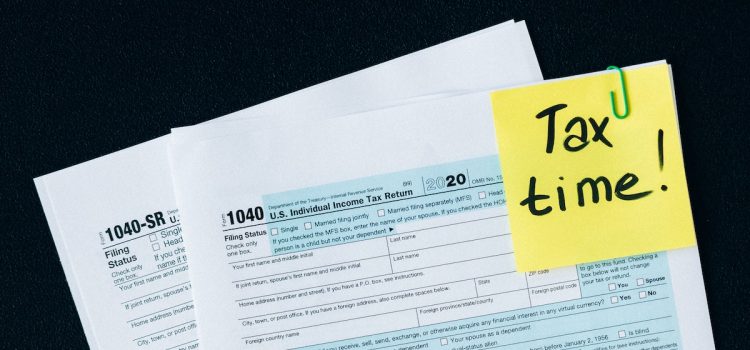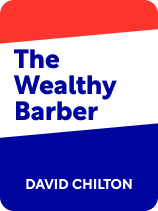

This article is an excerpt from the Shortform book guide to "The Wealthy Barber" by David Chilton. Shortform has the world's best summaries and analyses of books you should be reading.
Like this article? Sign up for a free trial here .
What kind of investments provide tax breaks? Should you hire a tax consultant? What kind of loan can lower your tax burden?
You might be paying more taxes than you need to. In The Wealthy Barber, David Chilton discusses ways to save money. Minimizing your tax bill is one of them. He shares recommendations for reducing how much you pay in taxes each year.
Keep reading for advice on how to pay less in taxes.
Chilton’s Advice to Minimize Your Tax Bill
Chilton’s primary recommendation for minimizing your tax bill is to make investments such as homeownership and retirement plans that provide tax breaks. He also suggests that you consider hiring a tax consultant, which could be worth it if your situation warrants it. If you want to learn how to pay less in taxes, consider Chilton’s recommendations.
Own a Home
Mortgage interest and property taxes are tax-deductible, so make sure these deductions are on your tax return.
(Shortform note: While owning a home does have tax benefits, these benefits were significantly reduced for some homeowners due to a 2017 tax law that limited the mortgage interest and property tax deductions. If you took out your mortgage before December 15, 2017, then this law likely doesn’t affect you, and you can still take deductions for property taxes as well as for interest on up to $1 million of debt. If you took out your mortgage after that date, your deduction is limited to interest on $750,000 of debt, and your property tax deductions are capped at $10,000, which includes property taxes plus state and local income taxes or sales taxes.)
You can refinance by taking out a home-equity loan (which has tax-deductible interest) to pay off the balance on consumer loans (which have non-tax-deductible interest). This way, you’ll owe the same amount in loans, but all of your interest will now be tax-deductible.
Have a Retirement Plan
If you withdraw money from an IRA prior to age 59 ½, you have to pay standard tax on that amount plus a 10% penalty tax. If you withdraw money from an IRA after retirement, withdrawals are taxed at your standard income tax rate.
With a Roth IRA, your contributions are not tax-deductible, but withdrawals during retirement are tax-free. In other words, the main difference between a Roth IRA and a traditional IRA is the timing of the tax advantage.
A Keogh plan is a type of retirement plan for people who are self-employed, either part time or full time. Like a traditional IRA, contributions to a Keogh plan are tax-deductible and growth within the plan is tax-deferred. You can contribute more to a Keogh plan than you can to an IRA; how much depends on which type of Keogh plan you choose.
Hire a Tax Consultant
Another way to maximize your deductions and minimize your bill is to hire a tax consultant. If your financial affairs are straightforward, it won’t cost you much; if, on the other hand, they’re more complex, hiring a consultant will be more warranted.
More Tips
If you’re self-employed or have your own business, there are many normally non-deductible expenses that become deductible as long as they are incurred for business reasons. Examples include your car, computer, travel, home office, and phone.
(Shortform note: There is no shortage of additional tips available in books and online for lowering your taxes—everything from earning as much tax-free income as possible (by, among other things, selling your home, saving money for your children’s education, investing in municipal bonds, or contributing to a health savings account) to taking advantage of tax credits, to reducing your tax rate.)

———End of Preview———
Like what you just read? Read the rest of the world's best book summary and analysis of David Chilton's "The Wealthy Barber" at Shortform .
Here's what you'll find in our full The Wealthy Barber summary :
- A guide to becoming financially successful by following simple principles
- Why you might not need to buy life insurance
- Why you should only buy a house if it’s right for you






